Will Steve Jobs' exit get other businesses thinking?
How will Steve Jobs' health affect Apple both now and in the future? And what does it mean for businesses with iconic leadership? Paul Briden finds out...

Apple's future has become the subject of varied speculation, after Steve Jobs' announcement he will take medical leave for the second time in two years, this time for an indefinite period.
The situation may well be a learning experience for the industry as a whole. It raises questions about just how much technology companies should allow themselves to become dependant on the unique abilities of individuals.
There are, no doubt, lessons to be learnt for businesses in other sectors too.
On 17 January 2011, Jobs sent a heartfelt email to all Apple employees, confirming the board had granted him medical leave to focus on his health. But he maintained that he would remain as chief executive (CEO) and be involved in associated strategic decision making.
"I have great confidence that Tim and the rest of the executive management team will do a terrific job executing the exciting plans we have in place for 2011," he wrote.
"I love Apple so much and hope to be back as soon as I can. In the meantime, my family and I would deeply appreciate respect for our privacy," Jobs added.
While it may look like Jobs is just taking some time out on health grounds as he's done before, there are marked differences between the email he recently sent and the one that preceded his last leave of absence. Back in January 2009, for example, he clearly stated that he was taking six months off and the date of his return had already been set.
Get the ITPro daily newsletter
Sign up today and you will receive a free copy of our Future Focus 2025 report - the leading guidance on AI, cybersecurity and other IT challenges as per 700+ senior executives
This time around, things have been left somewhat open, leaving in many to ponder what will happen next.
There's also the question, of course, of whether or not it's even possible to appoint an interim CEO when it's unclear whether they'll need to lead the company in just a temporary or permanent capacity.
-
 Bigger salaries, more burnout: Is the CISO role in crisis?
Bigger salaries, more burnout: Is the CISO role in crisis?In-depth CISOs are more stressed than ever before – but why is this and what can be done?
By Kate O'Flaherty Published
-
 Cheap cyber crime kits can be bought on the dark web for less than $25
Cheap cyber crime kits can be bought on the dark web for less than $25News Research from NordVPN shows phishing kits are now widely available on the dark web and via messaging apps like Telegram, and are often selling for less than $25.
By Emma Woollacott Published
-
 CyberCX appoints Phil Mason as new UK CEO
CyberCX appoints Phil Mason as new UK CEONews Industry veteran will lead CyberCX’s growth efforts in the UK
By Daniel Todd Published
-
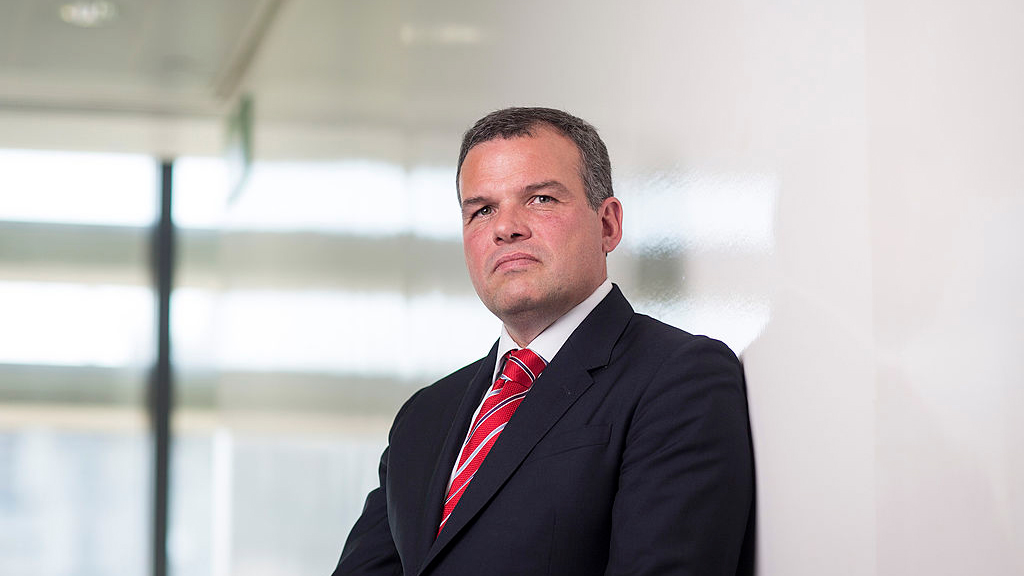 WANdisco's CEO and CFO resign amid ongoing fraud investigations
WANdisco's CEO and CFO resign amid ongoing fraud investigationsNews The data firm is left with a heavily depleted leadership team with only one executive director remaining
By Rory Bathgate Published
-
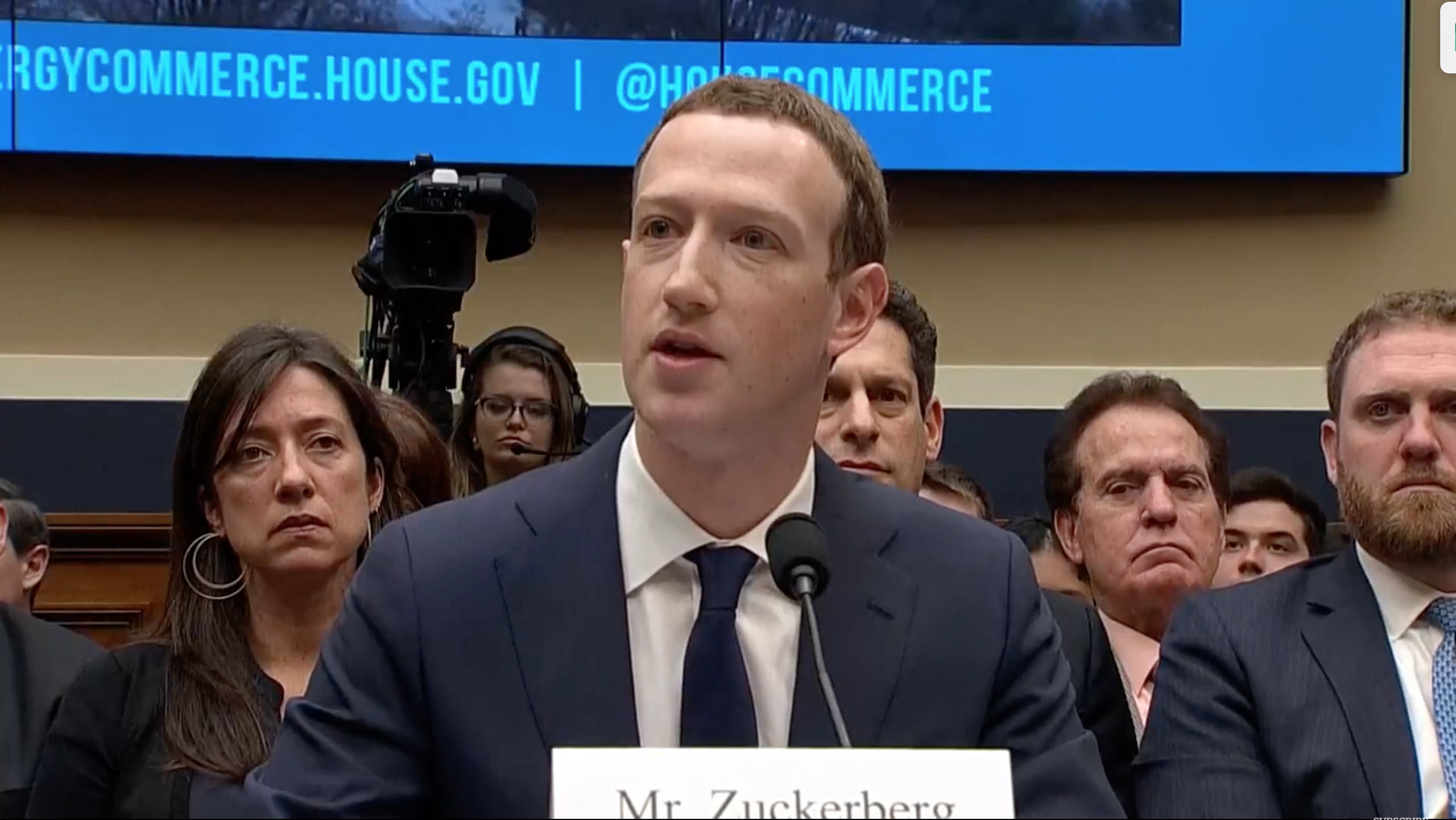 Stop worshipping CEOs – tech is a team sport
Stop worshipping CEOs – tech is a team sportOpinion Tech leaders are showing themselves for who they are, and it shouldn’t come as a surprise
By Nicole Kobie Published
-
 Checkmarx appoints Sandeep Johri as its new CEO
Checkmarx appoints Sandeep Johri as its new CEONews Experienced Silicon Valley executive will lead the applications security provider into its next phase of growth
By Daniel Todd Published
-
 Trustmarque hires NTT Data’s UK lead as its new CEO
Trustmarque hires NTT Data’s UK lead as its new CEONews Simon Williams will lead the IT solutions and services provider into its next phase of growth
By Daniel Todd Published
-
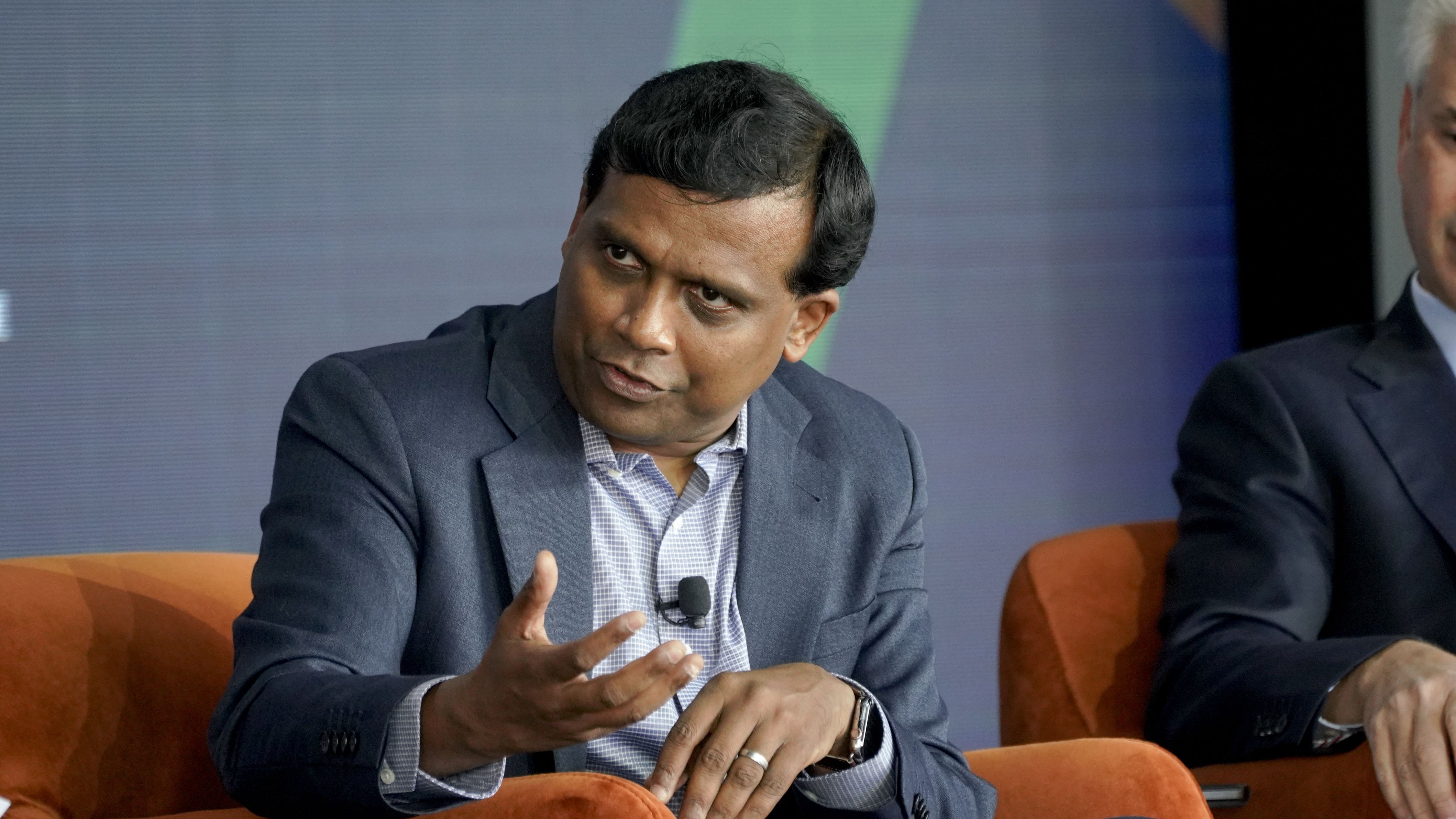 Cognizant appoints former Infosys president Ravi Kumar as CEO
Cognizant appoints former Infosys president Ravi Kumar as CEONews The executive brings more than 20 years of experience in the consulting, process, and technology transformation space
By Daniel Todd Published
-
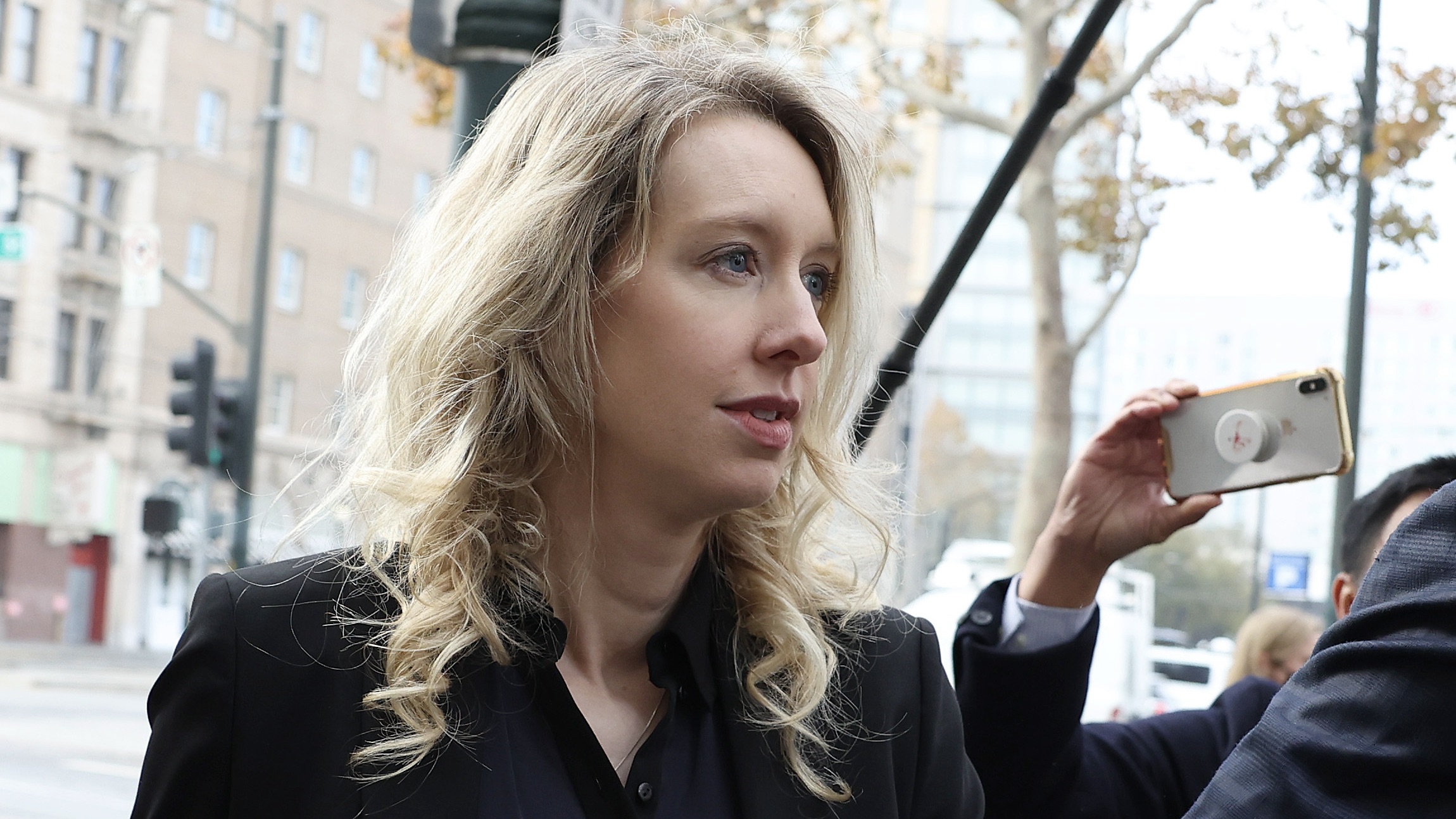 What tech investors can learn from three under-fire CEOs
What tech investors can learn from three under-fire CEOsAnalysis With clear lessons to learn from the high-profile cases of Autonomy, Theranos, and Wirecard, investors should tread carefully in future
By Rois Ni Thuama Published
-
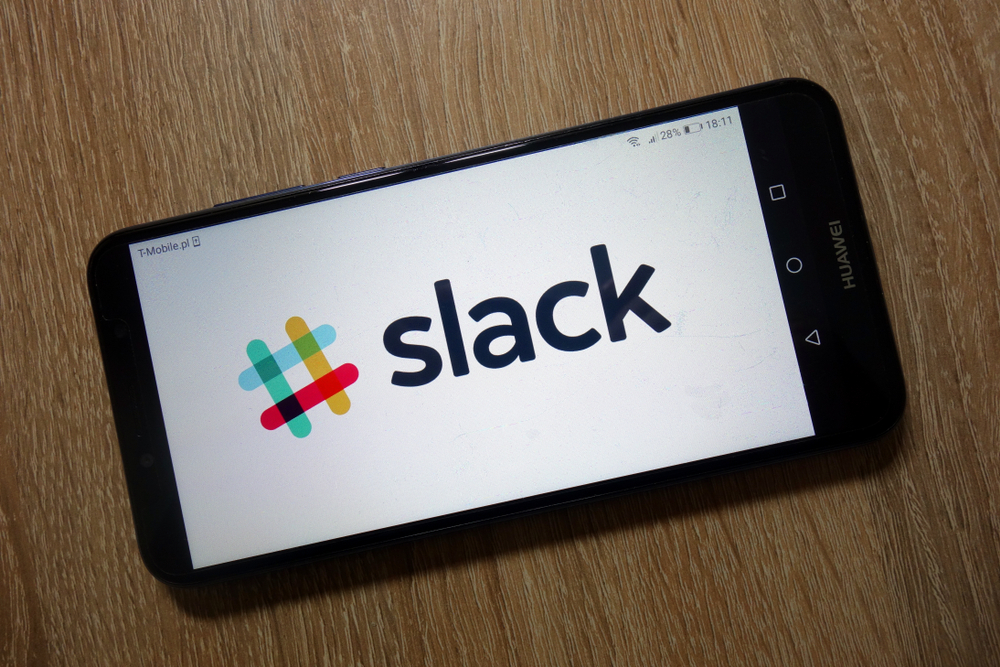 Another Salesforce leader departs, will replace outbound Slack CEO
Another Salesforce leader departs, will replace outbound Slack CEONews Slack's CEO and co-founder Stewart Butterfield also announced the departure of two other executives, but said the timing was purely coincidental
By Zach Marzouk Published